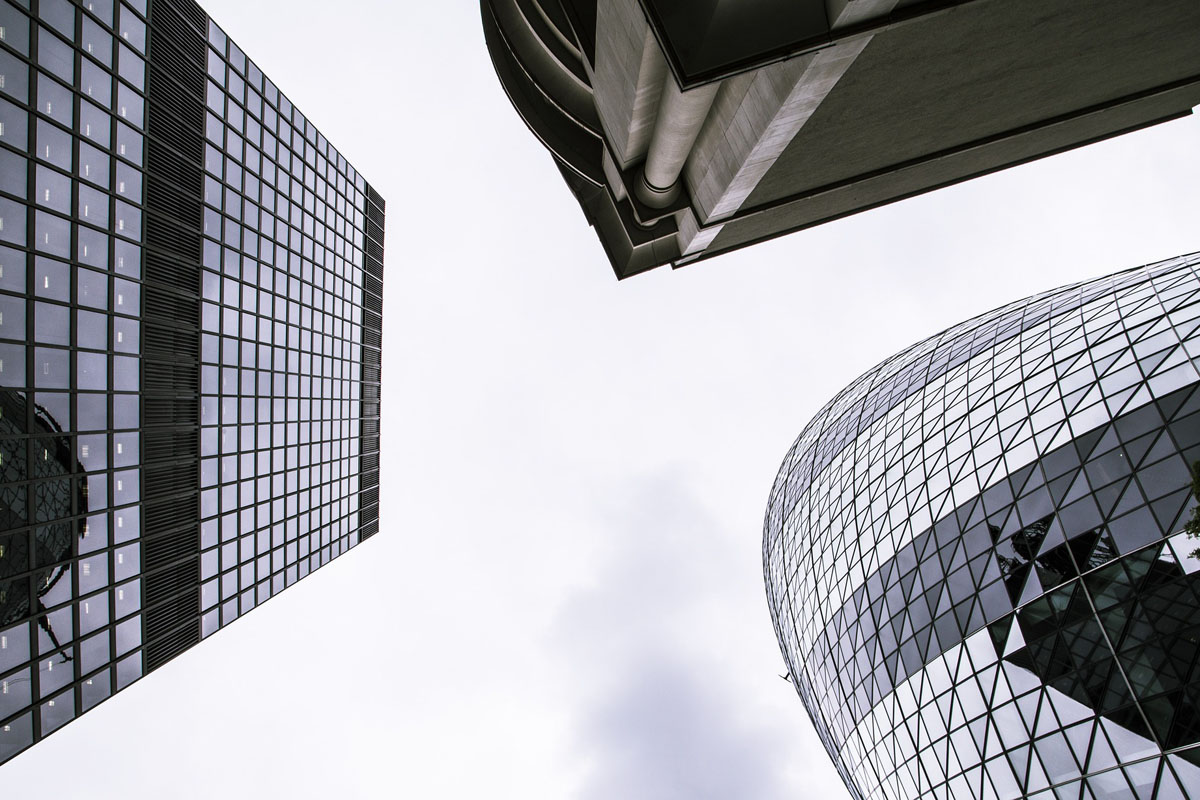Project Description
Intelligent Robotic Inspection for Foundation Industry Optimisation (IRIFIO)
The Foundation Industries is a term used by the UK Research & Innovation programme for Metal, Glass, Ceramics, Paper, Cement, and bulk Chemical industries. Together, they produce 28m tonnes of material annually and are worth £52bn annually to the UK economy. Around 75% of the materials in the environment today have been made by one of these six key industries. However, their production processes have remained largely unchanged through the centuries and leave ample opportunity for streamlining using innovative technologies. The IRIFIO project seeks to optimise manufacturing processes to reduce waste, costs, and carbon dioxide (CO2) emissions.
The Foundation Industries produce around 50 million tonnes of CO2 annually. That represents 10% of the total CO2 emitted by UK homes and businesses. If we are to meet our net zero carbon targets, seismic change is needed within these industries to reduce the amount of carbon they emit. New processes are required to keep these industries competitive internationally and to address sustainability issues. This can be done partly by managing resources and streamlining processes to reduce waste, energy consumption, and costs.
i3D was awarded Innovate UK’s (part of UK Research and Innovation) £8 million funding to develop existing intelligent robotic systems to improve production processes within these energy-intensive industries.
As project lead for IRIFIO, i3D was joined by Lucideon, a materials and process consultancy, and Glass Technology Services, experts in the glass manufacturing supply chain, both global leaders. IRIFIO aims to adapt i3D’s technologies to detect and identify defects in metals and apply them to the Glass and Ceramics sectors.
Toughened glass is derived from standard float glass and is primarily used in commercial applications such as automotive and construction. In these sectors, temperature, load, and impact are all important factors for safety. The process involves forcing a surface layer of glass at least 0.1 mm thick into compression by ion exchange of the sodium ions in the glass surface with potassium ions (which are 30% larger). This is achieved by soaking the glass in a potassium nitrate bath. However, the process can incur nickel sulphide inclusions within the glass. Over time, these defects can cause spontaneous failure, the results of which can be catastrophic. Current inspection methods have resulted in lengthy, destructive testing methods that are energy-intensive, wasteful, and messy. This group’s efforts aimed to introduce in-process defect detection, allowing corrective methods to be implemented earlier in the process.
Phobos is i3D’s high-resolution wide-field stereo camera. This is paired with a proprietary stereo-matching algorithm to produce highly defined maps of any topography. Machine learning technology combined with the stereo vision system is capable of identifying nickel sulphide inclusions within glass without the requirement for visual / operator inspection and destructive testing methods, producing a quality assurance process that is reliable and repeatable. In phase II of IRIFIO, the systems will be installed on the production line for real-world testing.
The project’s demonstrator phase will conclude in Q1, 2025.



